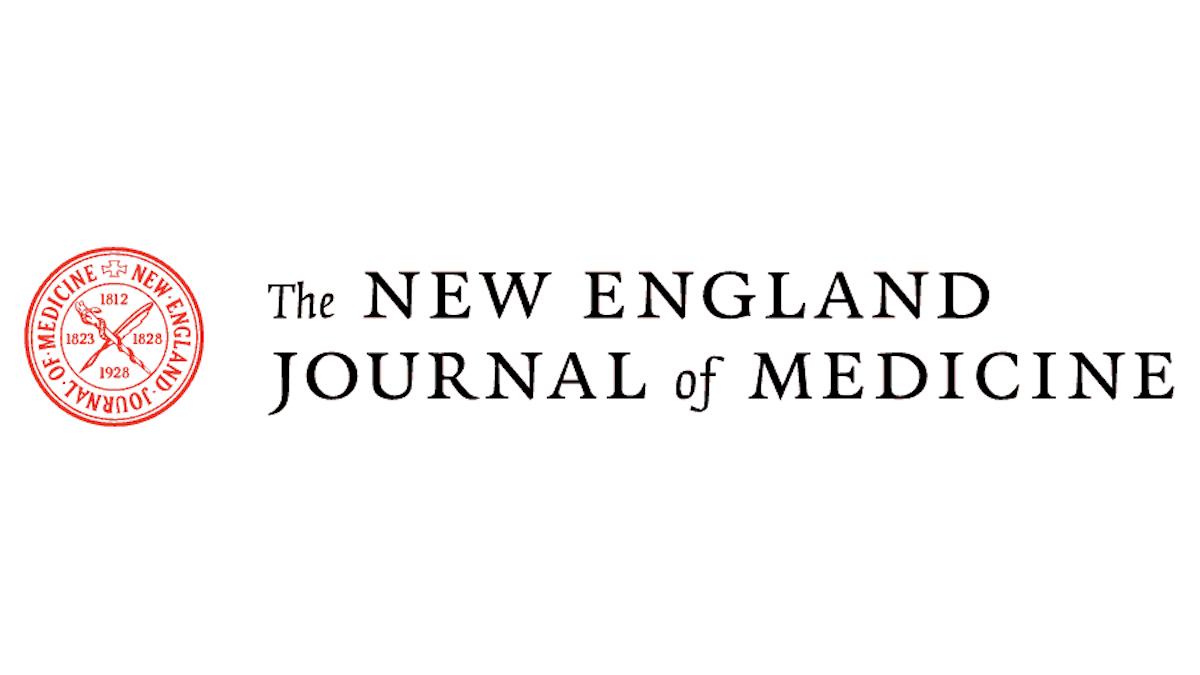NEJM responds to claims of bias from Justice Department

The New England Journal of Medicine (NEJM) has become the latest journal – and the most prominent – to have received a letter from Republican activist Edward Martin Jr suggesting it may have been prone to bias in its editorial policy.
The correspondence from the acting US attorney general for the District of Columbia – first revealed in STAT by Anil Oza – quizzed the journals on whether they may have been partisan in publishing peer-reviewed papers, overlooking submissions that may reflect "competing viewpoints," and asking how they handle "misinformation" and assess the role of funders.
The NEJM has fired back a response to the Department of Justice (DoJ) asserting its "commitment to evidence-based recommendations and editorial independence," adding: "We use rigorous peer review and editorial processes to ensure the objectivity and reliability of the research we publish."
The response also voiced the NEJM's support for "the editorial independence of medical journals and their First Amendment rights to free expression." So far, it has emerged that at least four other journals – including CHEST and Obstetrics and Gynaecology – have also received letters.
Meanwhile, other journals have leapt to its defence. The Lancet – which has not received a letter – published a scathing editorial on Saturday, accusing the Trump administration of intimidation and harassment and asserting that "the pursuit of rigorous medical science is not compatible with capitulation to government demands aimed at weaponising and eroding science."
The editorial also accused the administration of "radical dismantling of the USA's scientific infrastructure," pointing to a $2.9 billion reduction in FDA funding and sweeping cuts to the NIH.
It also singled out Health and Human Services (HHS) Secretary Robert F Kennedy Jr's "misguided agenda at the taxpayer's expense" in searching for a cause for autism, alluding to comments as recently as 2023 linking it to vaccines.
The pressure on medical journals also follows a freeze in funding for dozens of academic institutions – including top universities like Harvard and Columbia – for not clamping down on pro-Palestinian demonstrations on campus and ending affirmative action policies.
Harvard has since filed a lawsuit to halt what it claims is political interference in its "intellectual conditions," while an open letter from hundreds of institutes slammed "undue government intrusion in the lives of those who learn, live, and work on our campuses."











